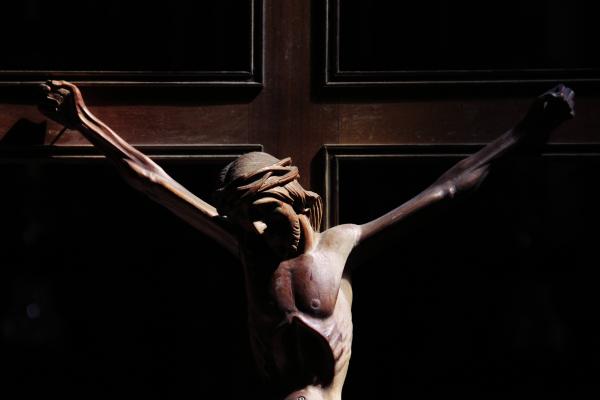Apr 6, 2023
Three years prior to Jesus’ crucifixion, he had launched a public movement in the violent society of the Roman Empire. He said that God’s kingdom was coming close, and he invited people to rethink their lives in light of it. His message revolved around a teaching that we desperately need to embrace today. That teaching, however, is also what led to his crucifixion.
Read the Full Article

Already a subscriber? Login
